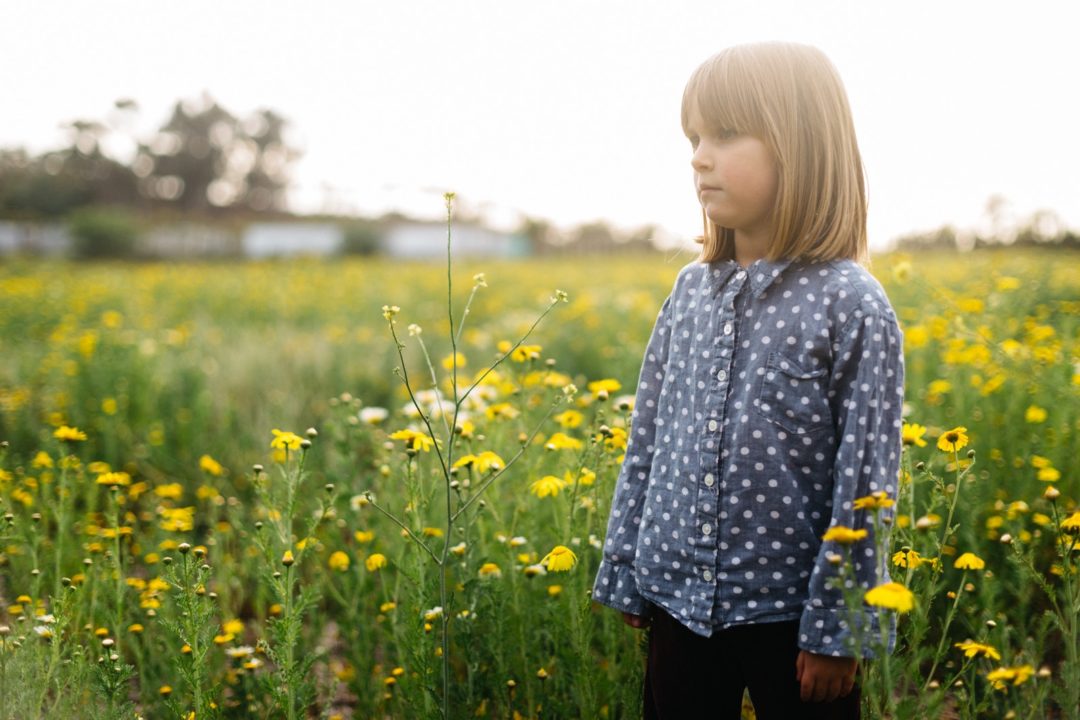An overwhelming amount of distressing news and traumatic events are reported everyday in the media and online: natural and human-made disasters, mass shootings and interpersonal violence taking place in communities, schools, families and throughout our country and world.
Many are familiar with term Post-Traumatic Stress (PTS) or Post-Traumatic Stress Disorder (PTSD), which can have a real and lasting impact on individuals who have directly or indirectly experienced a traumatic event. However, the concept of Post-Traumatic Growth (PTG) is also very much real, but not as well known. Often PTG happens more than PTS/PTSD, and has strong long-term, positive effects for survivors of trauma. Research and stories of PTG reveal that traumatic experiences and crisis often inspire and result in profound emotional, spiritual and inner growth. PTG facilitates a new awareness, understanding and meaning that cannot only strengthen a survivor’s management of traumatic stress, but activate thriving and increased psychological success that greatly benefits the self and often helps others.
As a trauma practitioner, seeing an increase in PTG-related stories coming through my news feed recently is encouraging, as it brings important attention to how trauma can be transformed into deep strength, resolve and positive action in the lives and communities of survivors.
Here are a few strategies that we can utilize to promote PTG in children, adolescents and families exposed to trauma:
- The Power of Relationships– Youth who have been exposed to a traumatic event or loss can benefit tremendously when they experience consistent, loving and involved adults (i.e. parents & caregivers, teachers, coaches, therapists, community group leaders, etc.) in their lives. Showing our mindful attention, calm presence and enduring compassion through the connection of relationship, healthy boundaries, engagement in activities or community involvement can help kids have a safe and sound place to feel accepted, valued and cared for.
- Create a Safe Environment – In addition to making sure a youth’s physical safety and needs are secure, creating a safe environment also involves supporting children and adolescents emotionally and psychologically. This can include establishing an environment that provides a sense of predictability, validation and support that the youth can depend and rely on, especially in times of extreme change, uncertainty or distress in their lives, or experiences out of their control.
- Activate Sensory Based Interventions– Initiating hands on and sensory focused interventions that connect and engage youth with activities such as but not limited to: mindfulness, breath work, physical activity and creative expression can enhance coping and create safeguarding from toxic stress, an important foundation for promoting PTG.
As trauma practitioners working with youth and families, we can actively create and contribute to meaningful opportunities that support post-traumatic growth and resiliency factors in not just our agencies, schools, communities and programs, but also the world we live in together.
Resources:
5 Things You Can Do Today to Turn PTSD into Post-Traumatic Growth: https://psychcentral.com/blog/5-things-you-can-do-today-to-turn-ptsd-into-post-traumatic-growth/?fbclid=IwAR2hZQxZf3uzFB_XTBu9qPp2II2xCvt22c533F9AV3JE3C9zaMR5VZ0Epcc
You’ve Heard of Post-Traumatic Stress, but What About Post-Traumatic Growth? https://blogs.scientificamerican.com/observations/youve-heard-of-post-traumatic-stress-but-what-about-post-traumatic-growth
After Parkland, How Grief Can Become Posttraumatic Growth for Student Activists
https://abcnews.go.com/Health/parkland-grief-posttraumatic-growth-student-activists/story?id=53329388
Trauma Informed Considerations & Strategies: Helping Kids Manage Distressing Events & News: https://starr.org/training/tlc/blog/trauma-informed-considerations-strategies-helping-kids-manage-distressing-events
Resilience-based Reflections for Disaster Recovery: https://starr.org/training/tlc/blog/resilience-based-reflections-disaster-recovery#
Finding a Safe Place: Supporting Safety, Self-Regulation, and Sensory-Based Interventions: https://starr.org/training/tlc/blog/finding-safe-place-supporting-safety-self-regulation-and-sensory-based
Boundaries and Identity in Trauma Healing: https://starr.org/training/tlc/blog/boundaries-and-identity-trauma-healing


